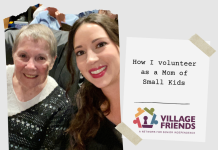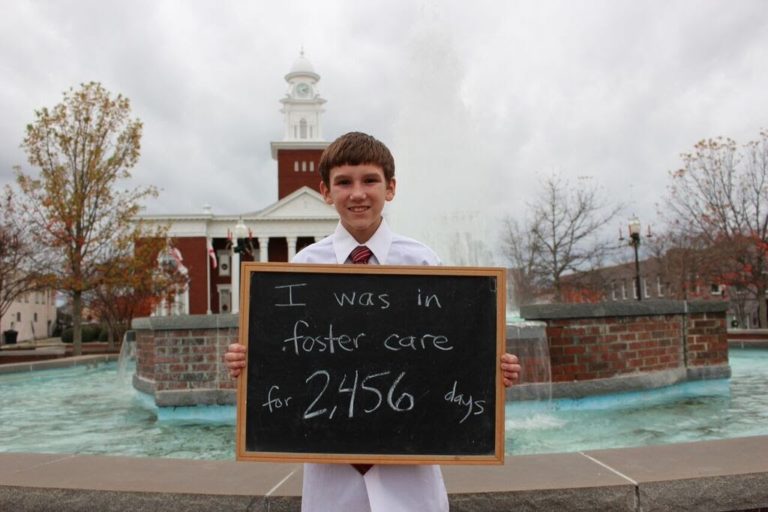
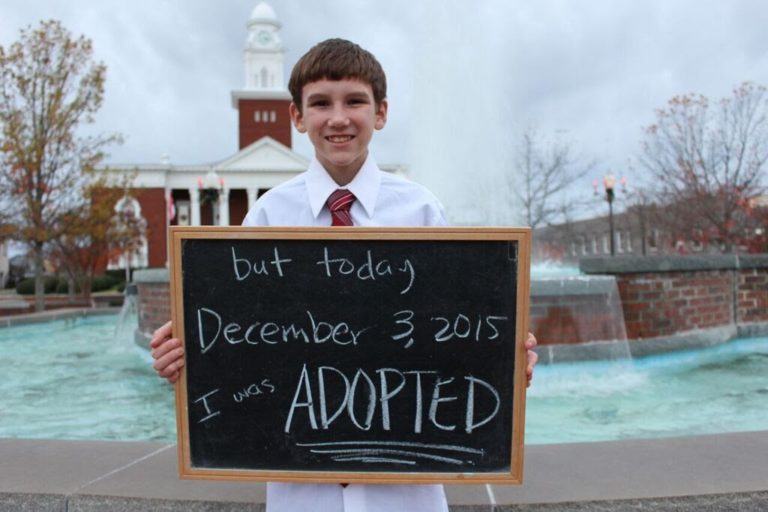
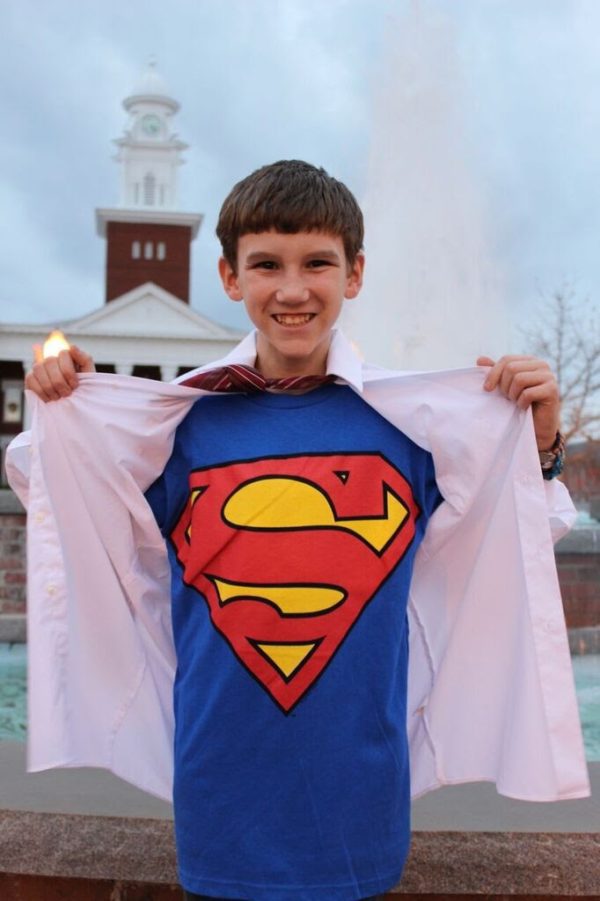
November is recognized as National Adoption Month. The purpose of this distinction is to raise awareness for children currently in the US foster care system who are awaiting adoption. Personally, I have adopted three children from foster care in Lee County, and I wanted to share answers to frequently asked questions about that experience, and the process involved.
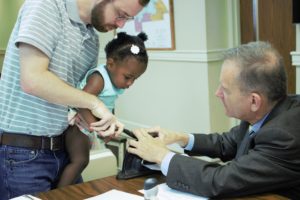 Q: How many kids are in need of adoptive homes?
Q: How many kids are in need of adoptive homes?
A: Nationally, 123,000. In Alabama, about 300.
Most children in foster care will be reunited with their biological parent(s) or extended family members. When that is not possible, as determined by a judge over a period of months and multiple hearings, the judge will terminate the parental rights, making the child legally free to be adopted. Most children in this situation are adopted by their foster family. But not all foster families are open to adopting. In that case, the child’s social worker will work to find an adoptive family (also called an adoptive placement or resource) locally, and broadening the search as necessary. This is the group represented in these numbers – those who are free for adoption but have not yet been matched to an adoptive resource.
Q: Do I have to be a foster parent in order to adopt from foster care?
A: Yes, and no.
In Alabama, in order to adopt from foster care you must go through the same training and homestudy process that foster parents go through. Some people will be going through the process only to foster or provide respite care. Some will be pursuing adoption only. And the largest group will be “foster to adopt”, meaning, they are open to fostering and they may also be interested in adopting. My husband, Ben, and I were foster to adopt. Here is a helpful outline of the requirements for fostering and adopting from foster care in Alabama. Even if you are only interested in adoption, a prospective adoptive placement must be in your home for a minimum of 90 days before the adoption can be finalized. Technically, this is called a pre-adoptive placement rather than a foster placement because the child is legally free for adoption and the purpose is to determine if it is a good fit for the child and the prospective adoptive family. DHR maintains custody during this time, and foster care rules apply.
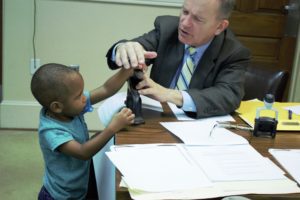 Q: Are only older children or sibling groups available for adoption through foster care?
Q: Are only older children or sibling groups available for adoption through foster care?
A: No, but those are the ones most commonly seen on waiting child sites because they are harder to place.
If you are not open to accepting placements of children who might be reunified with their biological family, the pool of available children is much smaller. If your desire is to have a newborn placed in your home, your best chance is to be open to foster to adopt. However, as your caseworker will advise you, you must acknowledge that DHR’s first priority is to reunify the child with the biological family. It will not serve you or the child well to have ulterior motives. No one can guarantee that the baby will be able to be adopted, but the situation where a baby is available for adoption and their foster family is not interested in adoption is rare. Two of our children came to us straight from the hospital, but parental rights were not terminated for over a year in each case.
Q: Is it expensive to adopt from foster care?
A: No.
Compared to private domestic or international adoptions, foster care adoption is practically free for adoptive parents. The costs associated with other types of adoption involve agency fees, attorney fees, travel, and more. If you adopt through DHR, they pay for your background check, homestudy, training, and in our case, the attorney billed the state directly so our only adoption-related costs were paying for each child’s amended birth certificate. Of course, after adoption, you incur all of the cost of raising a child, but if it is considered a Special Needs Adoption, it is possible to continue receiving a monthly stipend from the state for the child’s care, as well as Medicaid coverage. Additionally, in regards to the Federal Adoption Tax Credit, all foster care adoptions are considered Special Needs Adoptions in that sense and qualify for credit toward your total tax liability, not just adoption expenses.
Q: Can military families adopt from foster care?
A: Yes.
Personally, we are not a military family, but I know of several military families who have adopted from foster care. If you know your local assignment is for a certain amount of time, it is helpful to get started as early as possible and to communicate with your caseworker often to keep the ball rolling.
Q: Can single adults and LGBTQ couples adopt from foster care in Alabama?
A: Yes.
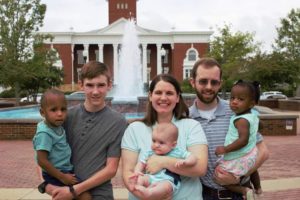 Q: How can I find out about kids that are free for adoption in Alabama, and in other states?
Q: How can I find out about kids that are free for adoption in Alabama, and in other states?
A: Heart Gallery Alabama (and other Heart Gallery sites), and AdoptUSKids.
You are not limited to adopting through foster care in your own county or state. Although the process may take longer, you can adopt from anywhere in the US. As it is often said in the adoption community, there are no unwanted children, only unfound families.
For more information:
APAC (Alabama Pre/Post Adoption Connections)





